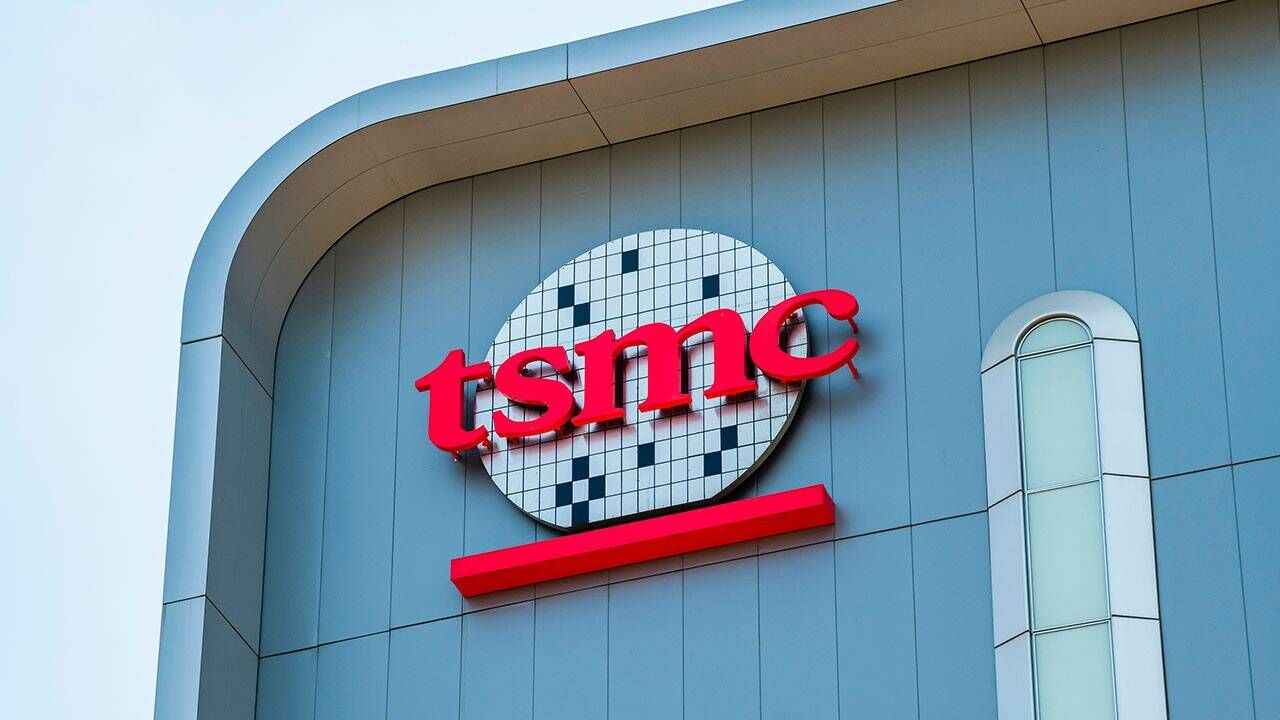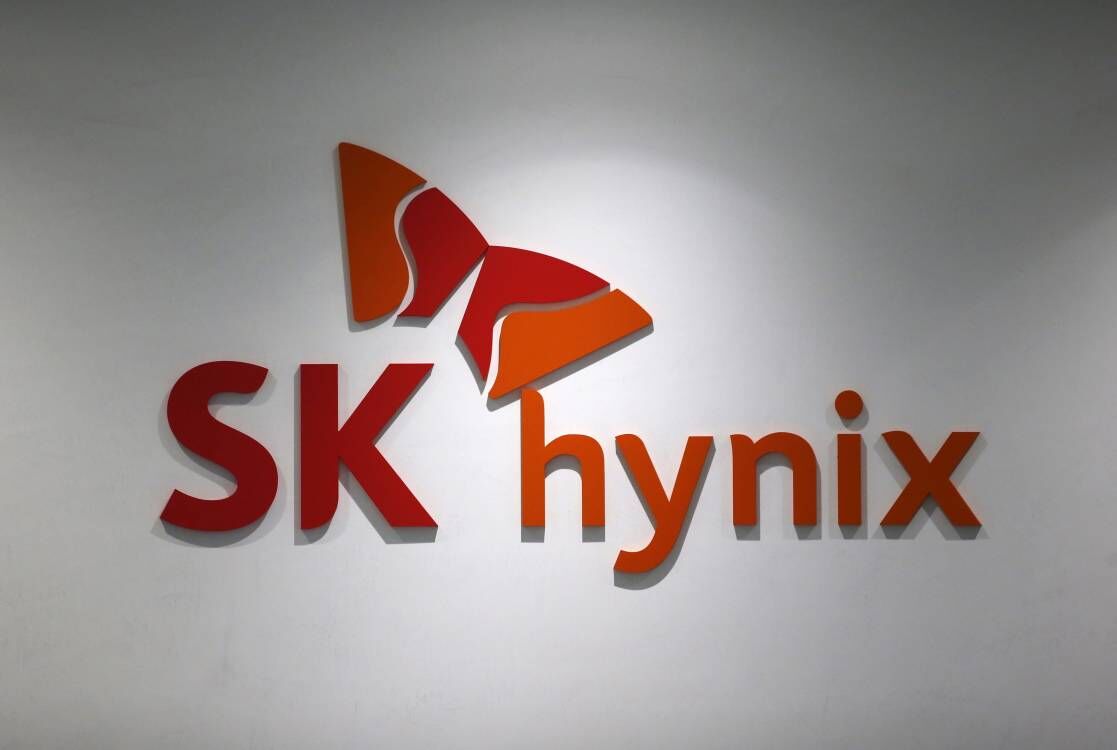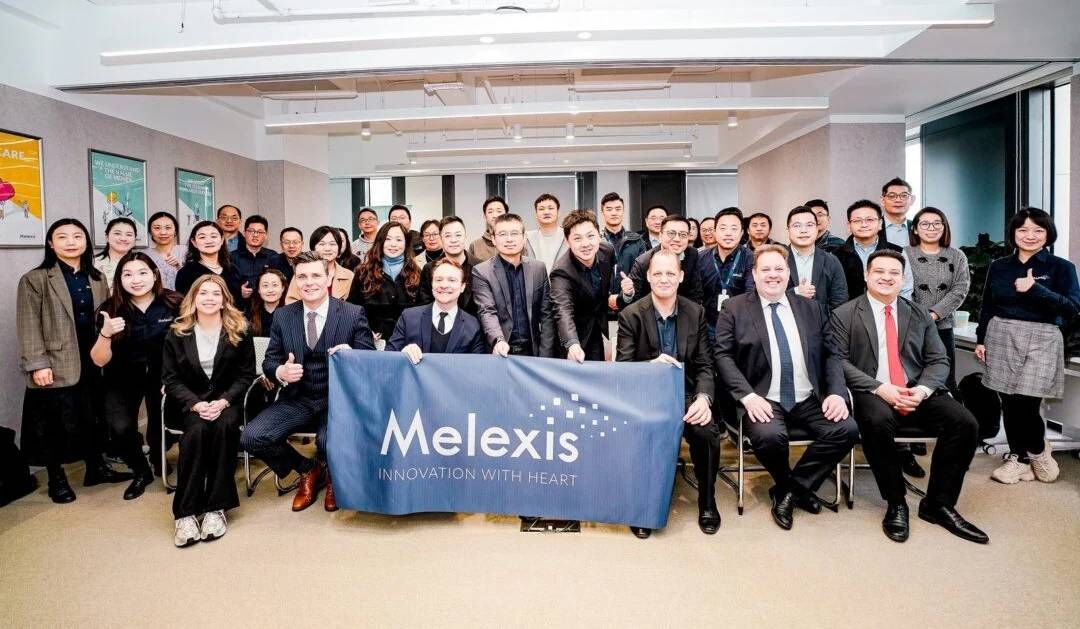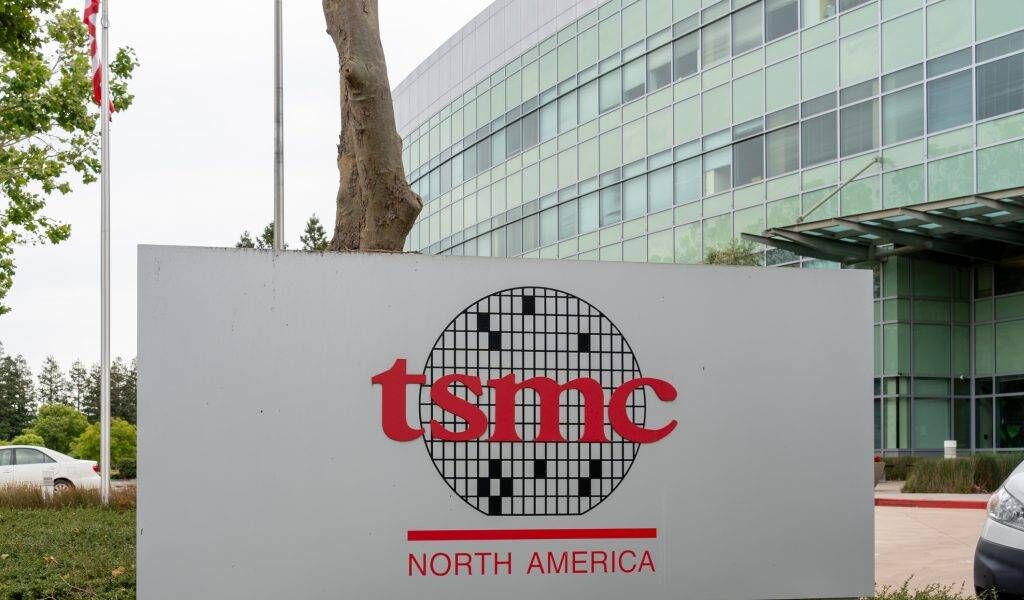Bitcoin and other virtual coins have driven the performance of GPU and ASIC chips and related supply chain companies to record highs. However, after experiencing the historical peak in March of this year, the entire supply chain has lost much hope for future growth.
Taking the two major GPU manufacturers as examples, both Nvidia and AMD have reported in their previous financial statements that the demand for mining chips will slow down. Nvidia even said in its earnings conference call that it expects the company’s second-quarter cryptocurrency mining chip’s sales will likely fall by two-thirds from the previous quarter.
Especially in April and May, the signs of deceleration in the supply chain have gradually emerged. In April, the demand for mining chips was greatly reduced, which led to a significant decline in the performance of many manufacturers who are highly dependent on mining chips. Although the performance has rebounded in May, the market’s prospects for mining chips are no longer optimistic.
The rapid decline in the demand for mining chips, on the one hand due to the fall in bitcoin prices, weakened the demand for chips; on the other hand, due to the tightening supervision of governments in various countries, mining has no longer been so profitable. But it seems that ASIC miner chip makers also anticipated this scenario early on.
Whether it is the Bitmain that ranks No. 1 in the ASIC mining machine chip market or Canaan, which has just applied for the IPO and ranks No.2, it has been presenting a trend in recent years: expanding the use of products and turning to artificial intelligence.
Taking Canaan as an example, in addition to mining machine chips, Canaan started developing ASIC chips for artificial intelligence applications in 2016 and plans to mass produce in the fourth quarter of 2018.
At the same time, the Bitmain, which ranks first in the mining machine chip market, is taking a similar path. According to reports, Bitmain is turning to artificial intelligence to seek alternative sources of income. Bitmain’s CEO Wu Jihan said that the field of artificial intelligence requires a lot of computing, which is a natural choice for Bitmain. Wu Jihan predicts that AI chips can account for 40% of Bitmain’s revenue in five years.
It is understood that from April 2017 to March 2018, the GPU is completely in short supply. However, Nvidia has also made it clear that mining-related quarterly revenue will be reduced by 65%. It is feared that the reduction is not only so; AMD CEO Su Zifeng also admitted that the virtual currency has changed considerably and the current mining demand is slowing down. The second half of the year should be continuous cooling. In addition, the performance of video card manufacturers including MSI, Gigabyte, and Asustek also significantly declined.
In addition, the supply chain has also been affected by the decline in shipments of ASIC miner chips. Including the foundry represented by TSMC, on May 31, TSMC announced its financial report that TSMC’s net profit in the first quarter increased by 2.5% year-on-year, which was less than market expectations. Wei Zhejia, general manager and co-chief executive of TSMC, said that this was due to the weak smartphone market since the end of last year, especially the demand for high-end models was not as expected, and there was also uncertainty in mining demand. This part of the application is the main user of TSMC's advanced process wafers. TSMC had previously said that profitability in the second quarter may decline because of the slowdown in market demand for bitcoin mining chips.
Now, as the mining boom continues to cool down, in addition to foundry, companies that previously benefited from packaging and testing will also be affected.












All Comments (0)